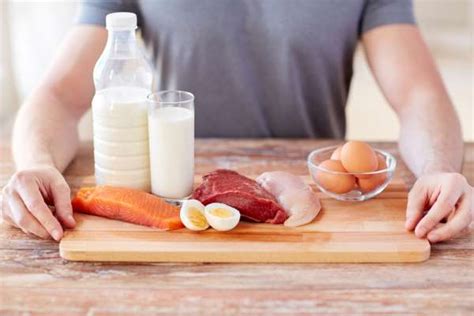Which foods naturally boost testosterone and enhance men’s performance?
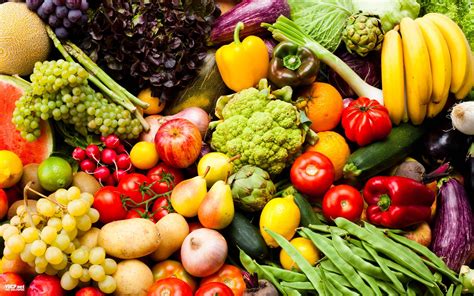
Understanding Testosterone and Men’s Performance
Testosterone is a crucial hormone in men, playing a vital role in everything from muscle mass and bone density to libido, mood, and energy levels. While synthetic supplements exist, many men are seeking natural ways to support their body’s own testosterone production through diet. A well-rounded nutritional approach can not only help optimize hormone levels but also contribute to overall enhanced physical and mental performance.
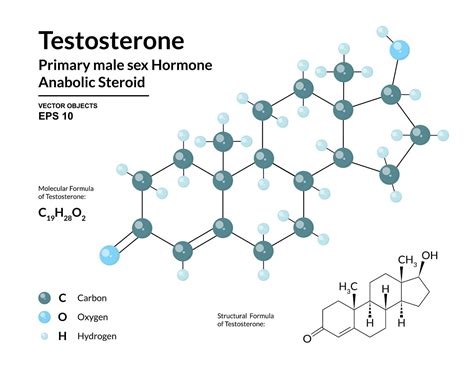
Key Nutrients and Foods for Testosterone Production
Certain vitamins, minerals, and macronutrients are essential for healthy testosterone synthesis. Incorporating specific foods rich in these compounds can make a significant difference.
Zinc: The Hormone Helper
Zinc is a critical mineral for numerous bodily functions, including immune health, cell growth, and, crucially, testosterone production. Studies have shown that even marginal zinc deficiency can lead to decreased testosterone levels.
- Oysters: Often hailed as the ultimate libido booster, oysters are incredibly rich in zinc, providing more per serving than any other food.
- Red Meat: Beef and lamb are excellent sources of zinc, as well as protein and healthy fats. Choose lean cuts.
- Pumpkin Seeds: A great plant-based source of zinc, magnesium, and healthy fats.
Vitamin D: The Sunshine Vitamin
Often referred to as a pro-hormone, Vitamin D plays a significant role in hormone regulation, including testosterone. Many men are deficient in this vital vitamin, especially those with limited sun exposure.
- Fatty Fish: Salmon, tuna, and mackerel are among the best dietary sources of Vitamin D.
- Fortified Foods: Milk, orange juice, and cereals are often fortified with Vitamin D.
- Egg Yolks: While not as high as fish, egg yolks provide a good amount of Vitamin D.
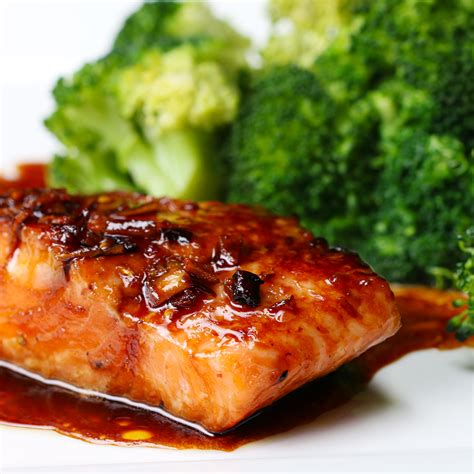
Healthy Fats: The Building Blocks
Cholesterol, a type of fat, is a precursor to testosterone. This means consuming adequate amounts of healthy fats is crucial for hormone synthesis. Don’t shy away from beneficial fats.
- Avocados: Rich in monounsaturated fats, which are heart-healthy and support hormone production.
- Nuts and Seeds: Almonds, walnuts, chia seeds, and flaxseeds provide healthy fats and other beneficial nutrients.
- Olive Oil: Extra virgin olive oil is a cornerstone of the Mediterranean diet, offering healthy fats and antioxidants.
- Egg Yolks: Beyond Vitamin D, egg yolks contain cholesterol necessary for hormone production.
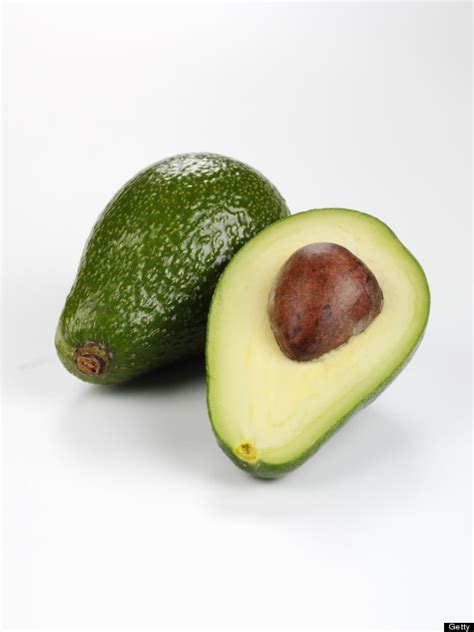
Magnesium: The Performance Mineral
Magnesium plays a role in hundreds of biochemical reactions in the body, including those that influence testosterone. Adequate magnesium intake is linked to higher free testosterone levels, particularly in active individuals.
- Spinach and Leafy Greens: Excellent sources of magnesium and a host of other vitamins and minerals.
- Almonds and Cashews: Provide good amounts of magnesium, healthy fats, and protein.
- Dark Chocolate: A delicious source of magnesium, iron, and antioxidants.
Antioxidants and Anti-Inflammatory Foods
Chronic inflammation and oxidative stress can negatively impact testosterone production and overall health. Foods rich in antioxidants and anti-inflammatory compounds can help mitigate these effects.
- Berries: Blueberries, strawberries, and raspberries are packed with antioxidants.
- Garlic: Contains allicin, which may help lower cortisol (a stress hormone that can inhibit testosterone).
- Ginger: Known for its anti-inflammatory properties and may directly enhance testosterone production.
- Cruciferous Vegetables: Broccoli, cauliflower, and kale contain compounds that help the body metabolize excess estrogen, which can improve the testosterone-to-estrogen ratio.
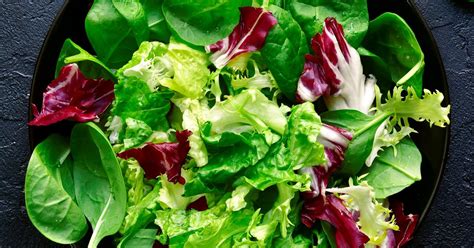
Beyond Testosterone: Overall Performance Enhancement
The foods that boost testosterone often come with a plethora of other benefits that contribute to men’s overall performance. Healthy fats and complex carbohydrates provide sustained energy, lean proteins support muscle repair and growth, and micronutrients ensure optimal bodily functions. This translates to improved stamina, better recovery, enhanced cognitive function, and a healthier libido.
Incorporating These Foods Into Your Diet
Making dietary changes doesn’t have to be drastic. Start by consciously adding one or two testosterone-boosting foods into your daily meals. Swap out unhealthy snacks for nuts or pumpkin seeds. Include fatty fish a couple of times a week. Make sure half your plate is filled with colorful vegetables, including plenty of leafy greens and cruciferous options. A consistent and balanced approach yields the best long-term results.
Conclusion: A Holistic Approach to Men’s Health
While specific foods can play a significant role in naturally boosting testosterone and enhancing men’s performance, it’s crucial to view diet as part of a larger, holistic approach. Regular exercise (especially strength training), adequate sleep, stress management, and avoiding excessive alcohol consumption are equally important pillars of optimal men’s health. Consult with a healthcare professional or a registered dietitian to tailor a plan that’s right for you.
